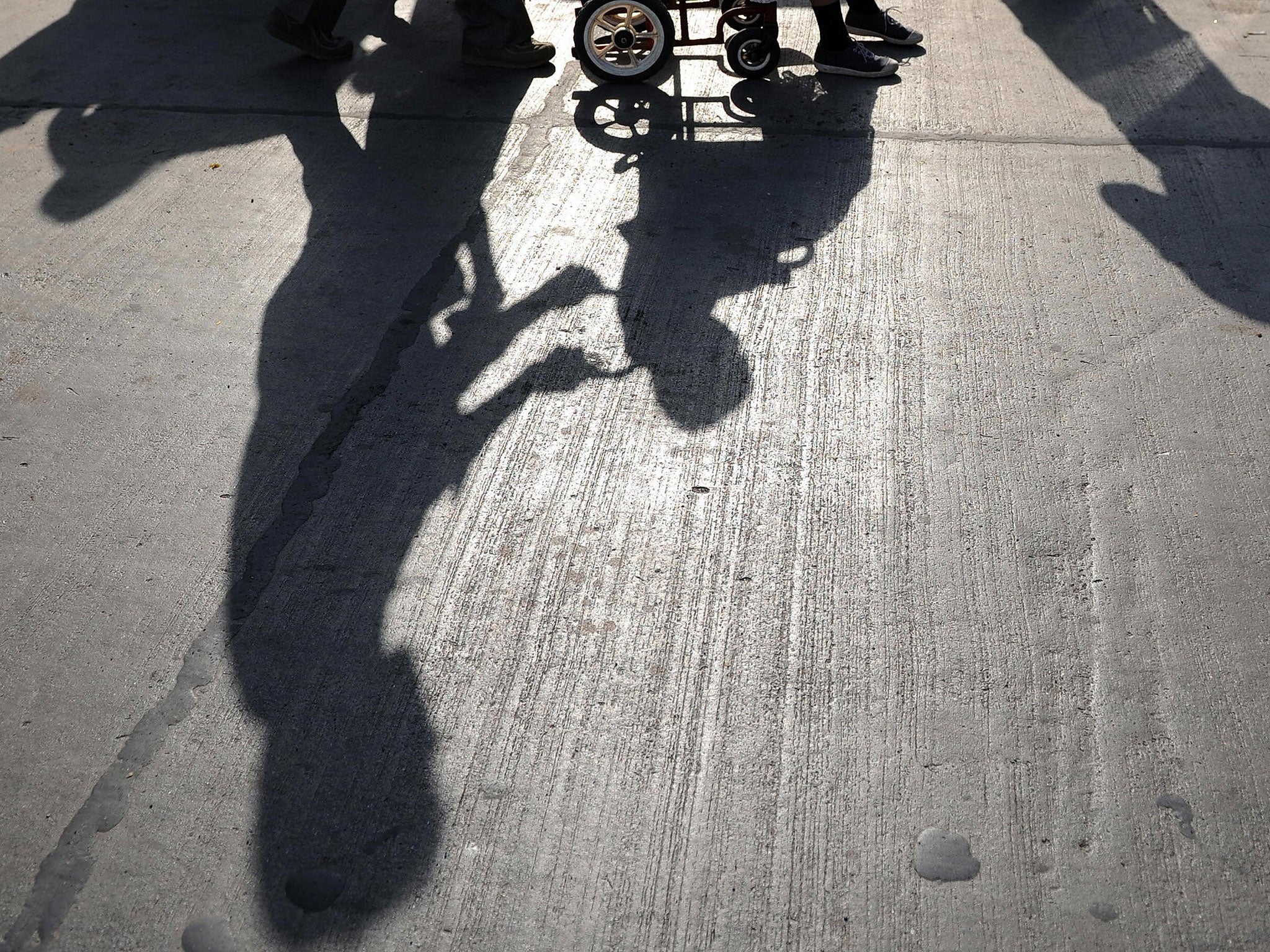It’s funny that there are so many successful appeals against disability assessments – it’s as if there is something wrong with the system
If the assessment process worked effectively, and as it should, the number should be limited, and you wouldn’t expect such a large majority to be successful


It’s rapidly becoming clear that Prime Minister Theresa May’s bold pledge to create a Britain that works for everyone should have an asterisk attached to facilitate the addition of “except for those pesky people with disabilities, can’t we pack them off somewhere else?”
In recent days the Government’s plan to cut people with serious mental health conditions out of eligibility for personal independent payments has justifiably come under sustained fire.
However, the attitude problem displayed by both May’s administration, and that of her predecessor David Cameron, goes beyond that, as a delve into the latest statistics demonstrates.

What they show is that the number of appeals against decisions made by the DWP on the basis of assessments made by the private, profit driven contractors working on its behalf is increasing at a similar speed to that at which Lewis Hamilton exits Silverstone corners.
They show that there were 60,600 Social Security & Child Support appeals between October and December 2016, an increase of 47 per cent. Even Lewis might think twice about acceleration like that.
Some 85 per cent of those appeals were accounted for by the Personal Independence Payment (PIP) and the Employment & Support Allowance (ESA).
The rate at which the decisions made by the DWP on the basis of information supplied by the Government’s contractors - Capita and Atos - are overturned is also increasing.
People started taking notice when it was running at 50 per cent. Now close to two thirds of appeals the case of the PIP (65 per cent) are successful. The figure is higher still when it comes to ESA (68 per cent).
I’m given to understand that the people who sit on tribunals have been asked to keep June clear, in an attempt to reduce a growing backlog. So forget about an early summer holiday.
Needless to say, these people have to be paid, which puts extra cost into the system at a time when the Government says it’s trying to save money.
Simply applying for either benefit causes a great deal of stress to people with disabilities. Having to go to appeal only exacerbates that. Applicants find themselves in the middle of a process that is humiliating and dehumanising.
That process also seems to throw up scandals with alarming regularity. Channel Four, for example, infamously filmed a Capita assessor saying a claimant had a “disability known as being fat”. Another claimed to have filled out forms before even seeing clients amid pressure to get as many done as quickly as possible.
Other scandals have involved people with weeks or months to live being told they’re fit for work in the case of ESA, which is paid to people whose fitness to do so is impacted by medical conditions and disabilities.
Set against that backdrop, is it any wonder that there has been so much criticism of the process, and so many successful appeals?
If the assessment process worked effectively, and as it should, the number should be limited, and you wouldn’t expect such a large majority to be successful.
Ken Butler, welfare rights advisor at Disability Rights UK, says he is “very worried for all those disabled people who get turned down for benefits and don't have the time or energy to challenge poor decisions made by the Department for Work and Pensions (DWP)”.
He adds: “We’d advise all claimants to get benefits advice and, if they are turned down, to use the independent appeals process.”
Butler says that the high success rate of appeals clearly demonstrates that there is something wrong with the system.
Unless, of course, the system, also savagely criticised by the United Nations, was deliberately set up to be this way.
Before you suggest that is me indulging in a conspiracy theory, take a moment to think about this. If you make something difficult, stressful and painful, if you litter it with traps, and take the view that everyone getting involved in it is a dirty scrounger until proven otherwise, a lot of people will get put off and won’t apply. Still more won’t appeal when turned down, saving the Government money it can use for things like millionaires tax cuts.
Dealing with a disability presents enough of a challenge as it is, without having to get to grips with a state that operates in a manner that would have impressed some of George Orwell’s darker characters. Would anyone be terribly surprised to find O’Brien working as a civil servant in the DWP?
The cynicism on display is breathtaking, if my assessment is correct. Alternatively, the situation I’ve discussed could simply have been created by a toxic mix of bureaucratic callousness and incompetence.
The net effect is the same regardless, which is why there will be peals of bitter laughter emanating from Britain’s disabled community every time those words of Theresa May’s are trotted out.
You’d be able to hear them if it weren’t for the fact that so many people with disabilities are now trapped in their own homes.
Join our commenting forum
Join thought-provoking conversations, follow other Independent readers and see their replies
Comments
Bookmark popover
Removed from bookmarks